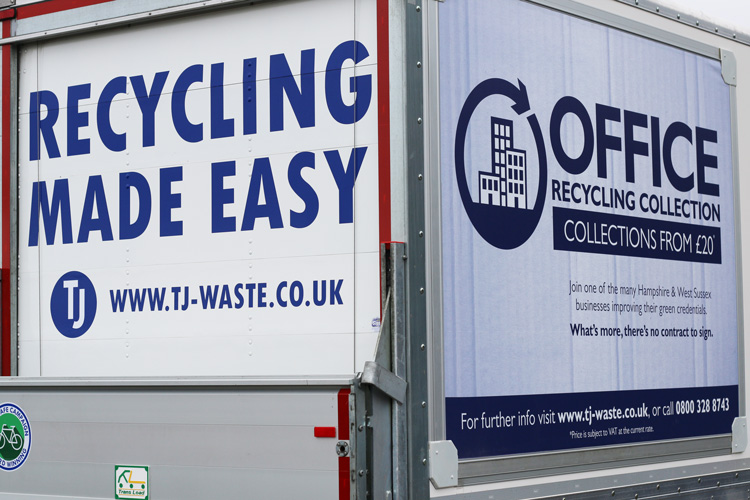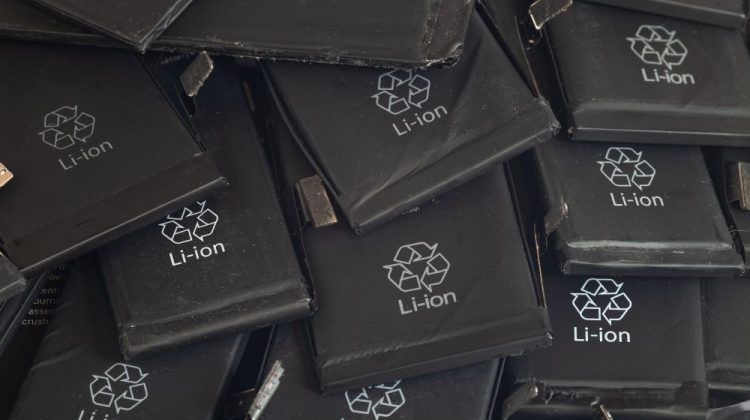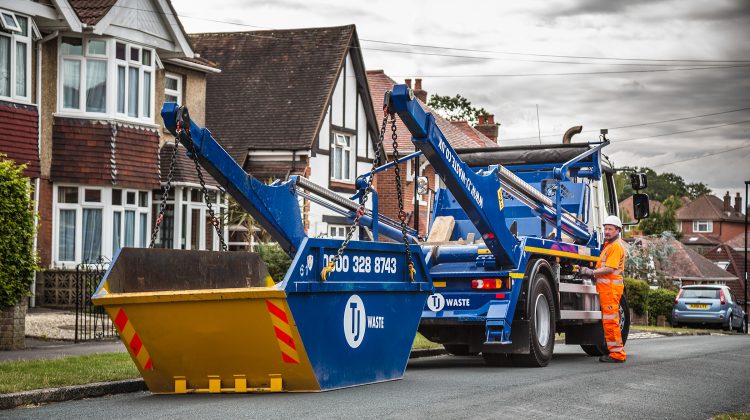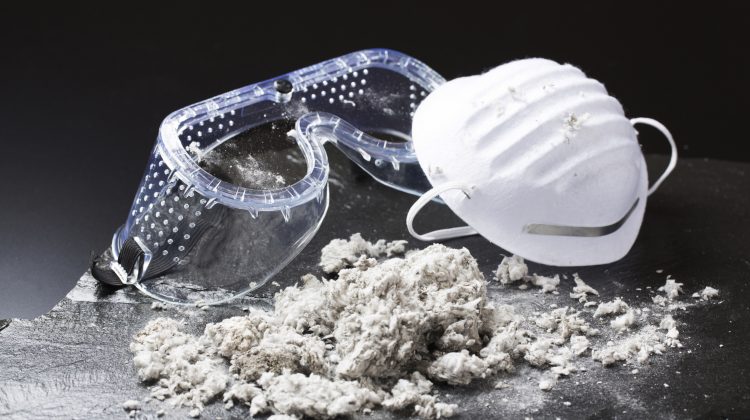Incorrect disposal of lithium-ion batteries can be catastrophic, as the recent fire at our Tipner facility demonstrated. Discover how to safely dispose of these batteries…

Identity theft is a huge concern and a crime that has increased significantly in recent years. It is now more important than ever that companies, big and small, are doing all they can to ensure their confidential waste is disposed of properly and in line with current regulations.
Although it may be stories of digital data breaches that have dominated the news headlines over the past few years, the consequences of not complying with the rules surrounding confidential hardy copy documents can be equally damaging.
Under the Data Protection Act 1998, all businesses are responsible for the proper handling and disposal of their confidential data to prevent the loss or disclosure of sensitive and personal information. In addition to the possibility of receiving fines of up to £500,000 if this responsibility is breached, it is also likely that these companies will experience bad publicity, which would have an extremely negative impact on their business.
The Data Protection Act states: ‘Appropriate technical and organisational measures shall be taken against unauthorised or unlawful processing of personal data and against accidental loss or destruction of, or damage to, personal data.’
If you do not dispose of your confidential waste correctly, there is no guarantee that the information will not fall into the wrong hands. Once your waste is in the bin, anyone could go looking for it, in the hope of a quick win. This is why disposing of your confidential waste should always be at the top of your list of priorities.
Confidential waste is any paper waste that contains confidential or sensitive information. This includes:
Always double check all paper waste before you throw it in the bin to ensure that it doesn’t contain any sensitive or personal information. Any paper waste that does contain such information should be disposed of correctly. TJ Waste can provide you with the solution you need to take care of these sensitive documents.
Collecting, storing and handling data in a physical format needs careful consideration. Our confidential waste collection service guarantees to dispose of documents safely, legally and securely. Simply recycling or shredding files may not be enough.
It’s safe, secure and fast and will enable you to fulfil your data responsibilities. By investing in correct disposal, you’ll protect yourself from the possibility of costly fines further down the line.
We will provide you with 50-litre secure bags for you to fill with your unwanted sensitive or confidential waste documents. Once full, simply call us to arrange collection and it’ll all be taken care of. Your fully verified certificate of destruction will be with you shortly after, giving you total peace of mind that you’ve disposed of your data responsibly.
As a company providing essential services, we have remained operational throughout the COVID-19 lockdown period. We are able to offer confidential waste collections at this time, with additional safety measures in place and ensuring that social distancing is observed at all times.
Find out more about our commercial waste management services, read our blog: Managing waste in an office environment or get in touch to discuss your requirements with our friendly team.

Incorrect disposal of lithium-ion batteries can be catastrophic, as the recent fire at our Tipner facility demonstrated. Discover how to safely dispose of these batteries…

Skip and grab hire are both great options for your domestic or commercial projects. There are advantages to both depending on your project, so read on to discover which option would be best suited to your requirements.

Asbestos is a highly toxic and hazardous waste material that must be removed and disposed of properly by professionally licensed companies. We’re licensed to carry hazardous materials such as asbestos and can provide you with the complete service…
Change your stored postcode to update prices for your location.